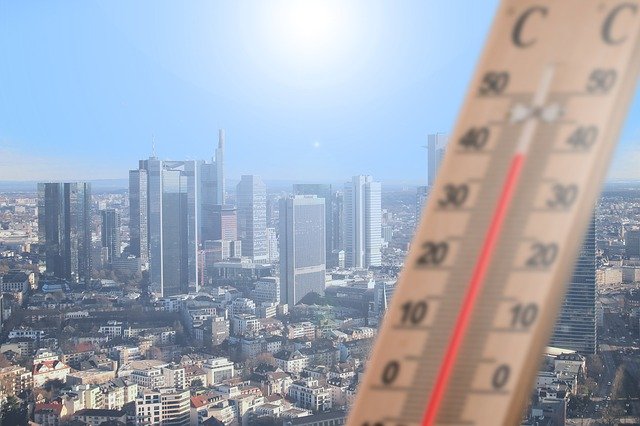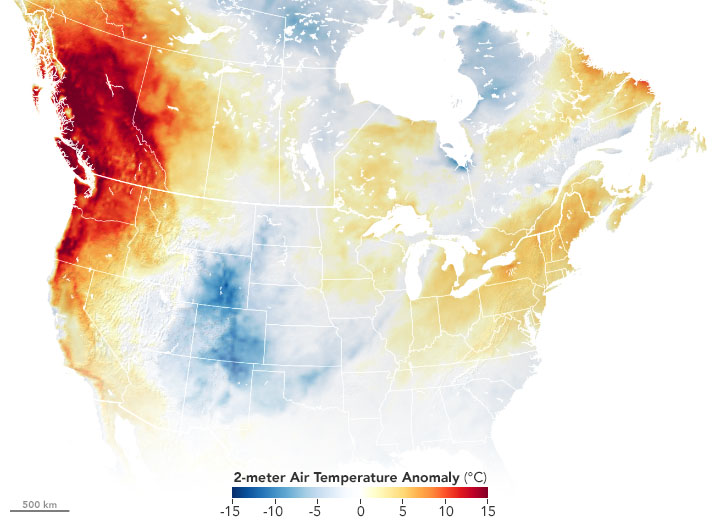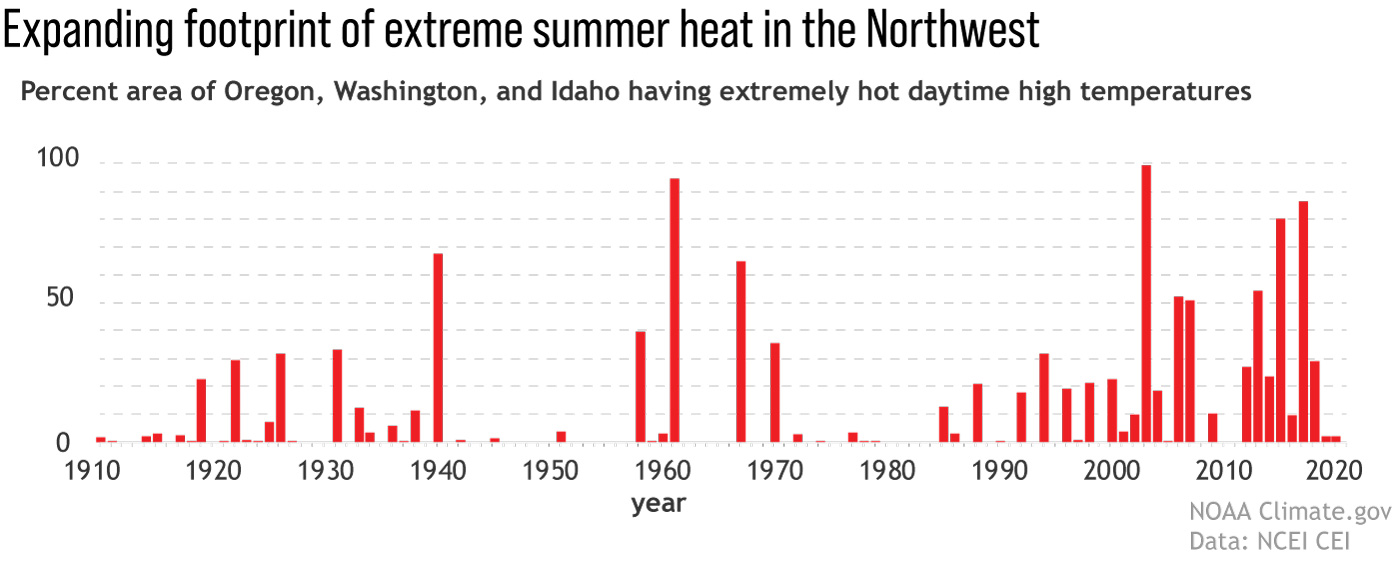 Raging wildfires. Record-shattering heatwaves. Catastrophic storms and flooding.
Raging wildfires. Record-shattering heatwaves. Catastrophic storms and flooding.
These terms are appearing more frequently in news from around the world.
Our planet has become warmer, with temperatures rising by 1.1℃ (2℉) in under 200 years. Scientists also know the culprits -- greenhouse gas emissions resulting from human activities.
But how can we know for sure that an extreme weather event is caused by climate change? This is where a new field of science comes in.
The Science of Attribution
 To understand the exact impact of human greenhouse gas emissions on extreme weather events, scientists flip the question.
To understand the exact impact of human greenhouse gas emissions on extreme weather events, scientists flip the question.
They ask -- what would have happened if humans had not added greenhouse gas emissions to the atmosphere? How often would we see the kinds of extreme events we are seeing today?
To answer these questions, they follow the process below.
- The first step is to characterize an actual extreme event happening today. For example, heatwaves may be described by length, storms may be described by the amount of rain, or hurricanes may be described by strength.
- Then, scientists analyze the event using climate models that represent the processes that take place in the atmosphere, ocean, and land surfaces. These are run on supercomputers.
- Next, scientists remove the greenhouse gases emitted by human activities. By doing this, they are creating an imaginary world without climate change. They re-run the models to replicate the extreme weather event.
- By examining the difference between the severity of a real event such as a heatwave with the simulated model, scientists can find out the effect of climate change on a particular extreme weather event. For example, if an event that is happening once in 10 years now would have occurred only once in 100 years in a world without climate change, then it can be "attributed" to climate change.
Why is it important?
 In 2017, Hurricane Harvey struck Texas, and a series of attribution studies followed several months to several years later.
In 2017, Hurricane Harvey struck Texas, and a series of attribution studies followed several months to several years later.
However, because the news cycle moves on, the attribution studies had less of an impact on policymakers and the general public.
With more data, improved models, and better computing power, scientists are now able to run "rapid attribution analyses" which can yield results quickly.
Recently, rapid attribution analyses were used to examine the extreme heatwaves in the Pacific Northwest, specifically British Columbia. The studies concluded that due to climate change, these extreme heatwaves are 150 times more likely to occur.
Climate attribution is important for estimating risk and helping people to prepare for future extreme weather events. It also has tremendous potential in shaping government policy.
Sources: VOX, NYTimes, NOAA







